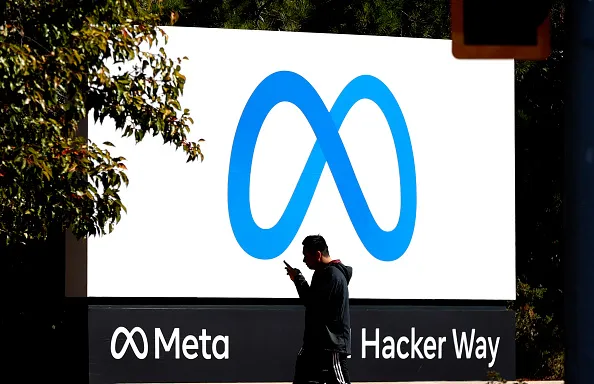Peloton reports deeper loss than expected amid marketing refresh
The results suggest Peloton’s comeback effort is still a long way from taking hold.

Peloton Interactive Inc. reported a deeper loss than analysts predicted, cut its revenue guidance, and signed a deal with JPMorgan Chase & Co and Goldman Sachs Group to borrow $750 million in five-year term debt, marking the latest setbacks for the onetime pandemic darling. The shares tumbled about 17% as the market opened.
The results suggest Peloton’s comeback effort is still a long way from taking hold, despite a shake-up earlier this year. In February, co-founder John Foley was ousted as CEO after sales slowed and Peloton struggled to manage its production. He was replaced by former Spotify Technology SA and Netflix Inc. Chief Financial Officer Barry McCarthy, who vowed to cut costs and generate more of Peloton’s revenue from subscriptions.
Peloton on Monday debuted its first tagline—“Motivation That Moves You"—as the company looks to rebound from months of losses.
Subscribe to Ad Age now for the latest industry news and analysis.
The fitness technology company reported revenue of $964.3 million in the fiscal third quarter on Tuesday, missing a Wall Street estimate of $971.6 million. The net loss was $757.1 million, excluding some items, compared with an average estimate of $132.1 million.
Looking forward, Peloton expects to report $675 million to $700 million in revenue in the fourth quarter, well below analysts’ average estimate of $820.9 million. Peloton put the forecast miss down to “softer demand” compared to its previous guidance, and recent hardware price reductions.
Peloton had thrived during the early days of the pandemic, when locked-down consumers rushed to buy its bikes and treadmills. But the company went from a boom to a bust, and Peloton has lost more than 80% of its value over the past year. The shares fell to $11.71 in New York on Tuesday morning.
Since February’s reshuffling, which included thousands of layoffs, the shares have continued to slide. Under McCarthy, Peloton has cut the prices of its devices and tested out new programs, like a leasing model for hardware. McCarthy also has promised to release new products, but hasn’t provided many specifics about what the company is working on.
The company said the number of members grew 5% quarter-on-quarter to 7 million, with the number of workouts during the quarter, growing by 32% to 184.3 million. In a letter to shareholders, McCarthy said his goal is to get to 100 million members, an effort that Chief Financial Officer Jill Woodworth acknowledged is a “long way from where we sit today.” The way to get there is by making the digital app a big success, McCarthy said, adding that international markets are very important, too.
“Turnarounds are hard work,” McCarthy said. “It’s intellectually challenging, emotionally draining, physically exhausting, and all consuming.”
Though McCarthy has only been in the job for three months, outside investors have complained the company is heading in the wrong direction and should be put on the block instead.
In April, Blackwells Capital LLC reiterated a plea to put the fitness company up for sale. “Peloton will continue to be poorly valued for as long as a close-knit group of insiders, who have proven themselves incapable of creating value, continue to wield voting power far in excess of their economic interest,” Blackwells Chief Investment Officer Jason Aintabi said in a statement at the time.
Blackwell believes that Amazon.com Inc. or Netflix could be potential bidders for the company, which now has a market capitalization of under $5 billion.
McCarthy has said he’s not pursuing a sale of the company, but there are other possibilities on the table. Last week, Bloomberg reported that Peloton is seeking to sell as much as 20% of the company to an outside investor in a move to shore up cash and further its turnaround.
In the earnings report, McCarthy acknowledged that with $879 million in cash on hand, that leaves the company “thinly capitalized for a business of our scale.” As Peloton begins to sell down excess inventory, he said the cash flow headwind should become a tailwind in fiscal 2023.
As McCarthy wrapped up the earnings call, which lasted under an hour and skipped the usual recap of the numbers, he apologized for ending on a down note. “Notwithstanding the stock price, I’m feeling optimistic about the path ahead,” he said.
Subscribe to Ad Age now for award-winning news and insight.
—Bloomberg News

 MikeTyes
MikeTyes 
































